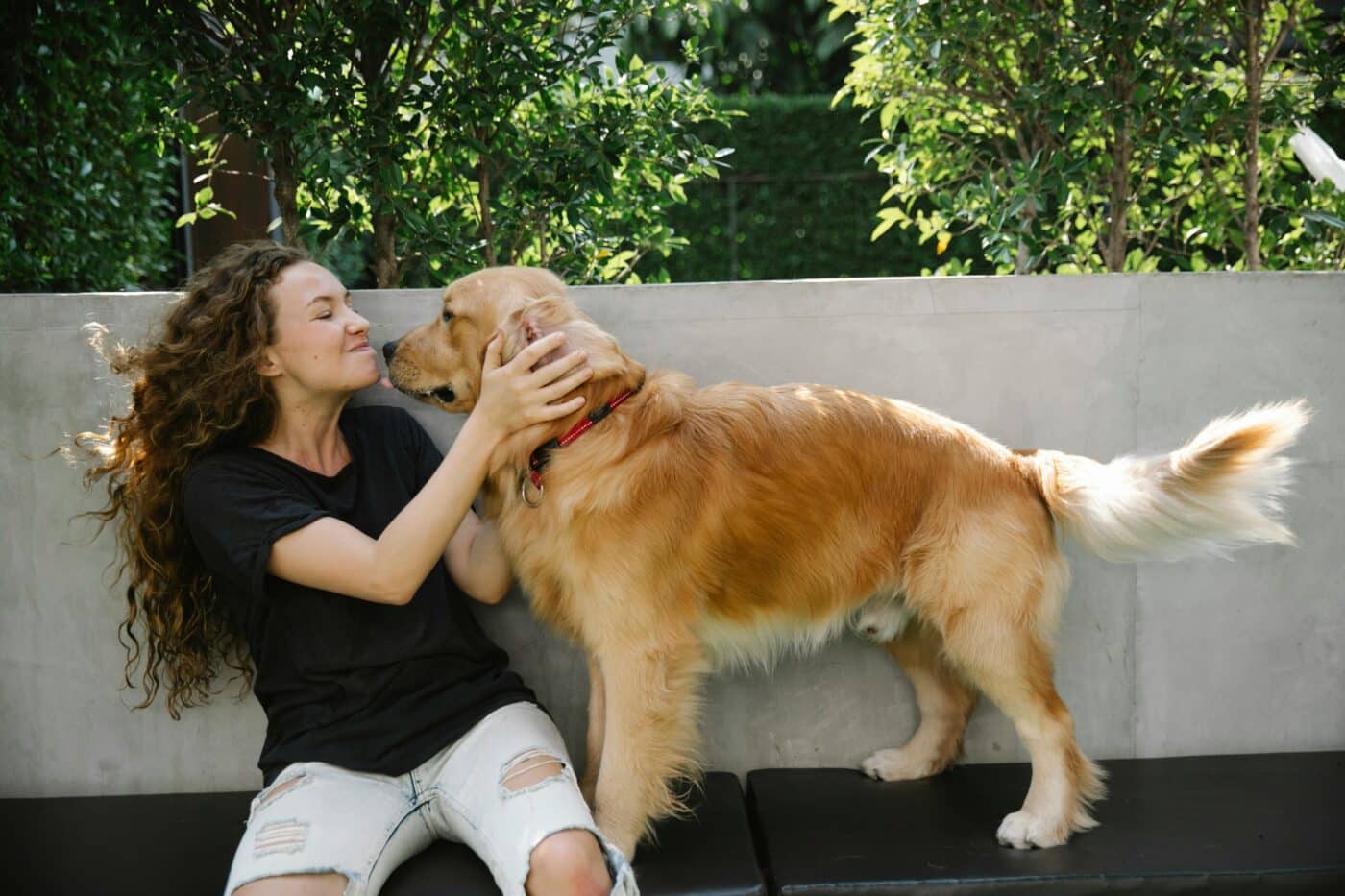 Shutterstock
Shutterstock
Owning a dog can often feel like an introduction to parenthood. While dogs and children are certainly different, many of the responsibilities, challenges, and lessons of caring for a dog can prepare you for raising a child. From maintaining a daily routine to learning patience, your dog unknowingly helps you develop essential skills that translate seamlessly into parenthood. By providing care, love, and structure to your dog’s life, you begin to cultivate habits and emotional resilience that will be invaluable when caring for a child.
Establishing a Routine
 Shutterstock
Shutterstock
One of the first things dog owners learn is the importance of routine. Dogs thrive on consistency, requiring regular feeding, walks, and playtime. Establishing a routine for your dog teaches you the importance of scheduling and time management, both of which are crucial when raising a child. By managing your dog’s needs, you get accustomed to creating a structured environment, which helps organize your day around a child’s meals, naps, and activities. Learning to balance your schedule around your dog’s routine is an excellent introduction to the daily demands of parenthood.
Developing Patience
 Shutterstock
Shutterstock
Caring for a dog can be a test of patience, especially when dealing with behavioral challenges like chewing, barking, or accidents. Just like children, dogs require guidance, understanding, and a lot of patience as they learn boundaries and appropriate behavior. This practice in patience translates directly into parenting, where you’ll need to be calm and composed in the face of tantrums, sleepless nights, or misbehavior. Learning to stay patient with your dog, even during frustrating moments, builds the emotional resilience necessary for raising a child.
Handling Responsibility
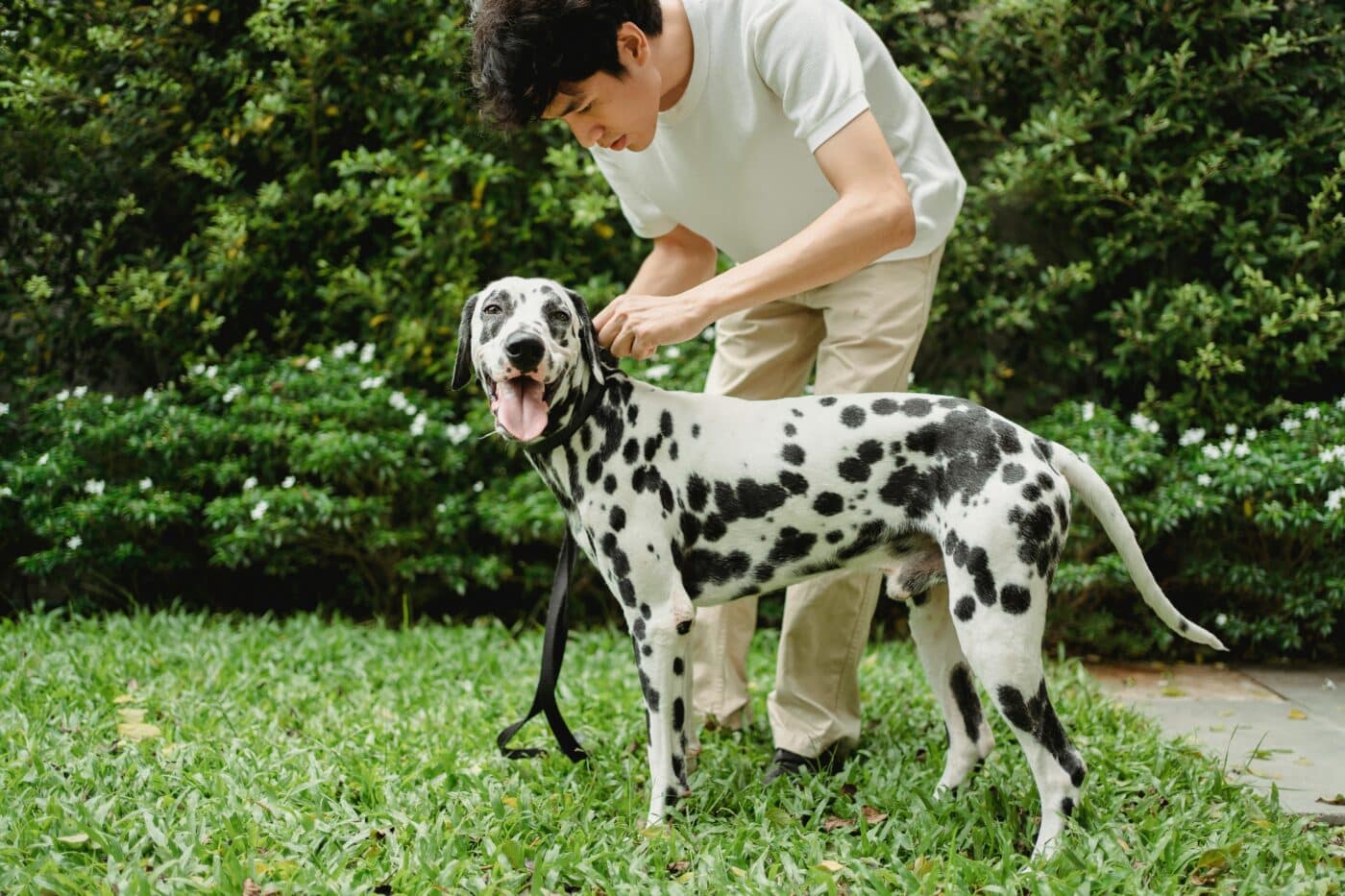 Shutterstock
Shutterstock
Owning a dog is a significant responsibility, requiring you to prioritize their well-being, health, and happiness. From vet visits to regular exercise, dogs depend on their owners for care and attention. This sense of responsibility mirrors what’s required when raising a child, as both depend on you for their basic needs and overall health. By caring for a dog, you develop a deeper understanding of the importance of being reliable and responsible, key qualities that will serve you well when transitioning into parenthood.
Managing Finances
 Shutterstock
Shutterstock
Dogs, like children, come with their own expenses, including food, vet bills, grooming, and other essentials. Managing these costs teaches you how to budget effectively and prioritize spending. Parenthood brings similar financial demands, such as healthcare, clothing, and educational needs. By learning to budget for your dog’s care, you gain valuable experience in managing finances, which will help you navigate the often unpredictable expenses of raising a child.
Balancing Attention and Independence
 Shutterstock
Shutterstock
Dogs require a careful balance of attention and independence. While they thrive on affection and companionship, they also need space to explore and be independent. This balance is important in parenting, too, as children require both nurturing care and opportunities to develop autonomy. By learning when to engage with your dog and when to allow them to explore on their own, you develop the ability to strike a healthy balance between caring for and fostering independence in a child.
Recognizing Health Signs
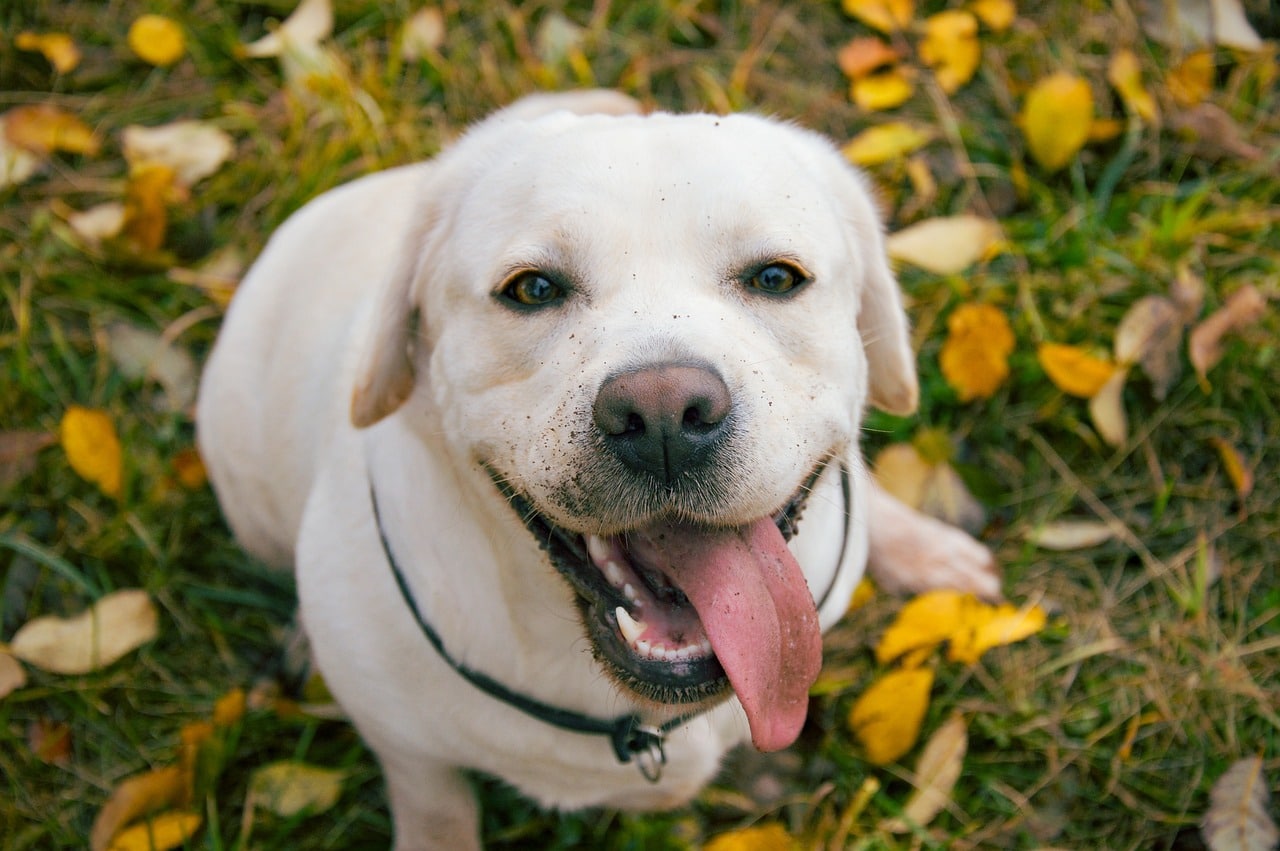 Shutterstock
Shutterstock
Dogs often rely on subtle cues to indicate they’re uncomfortable or not feeling well. As a dog owner, you learn to observe these cues and take appropriate action, whether scheduling a vet visit or adjusting their diet. Recognizing changes in behavior or physical symptoms becomes essential when caring for a child. Children, especially babies, can’t always communicate when something is wrong, so being attuned to subtle signs of illness or discomfort is critical. The experience of monitoring your dog’s health prepares you for the vigilance required to keep a child healthy.
Prioritizing Well-Being Over Convenience
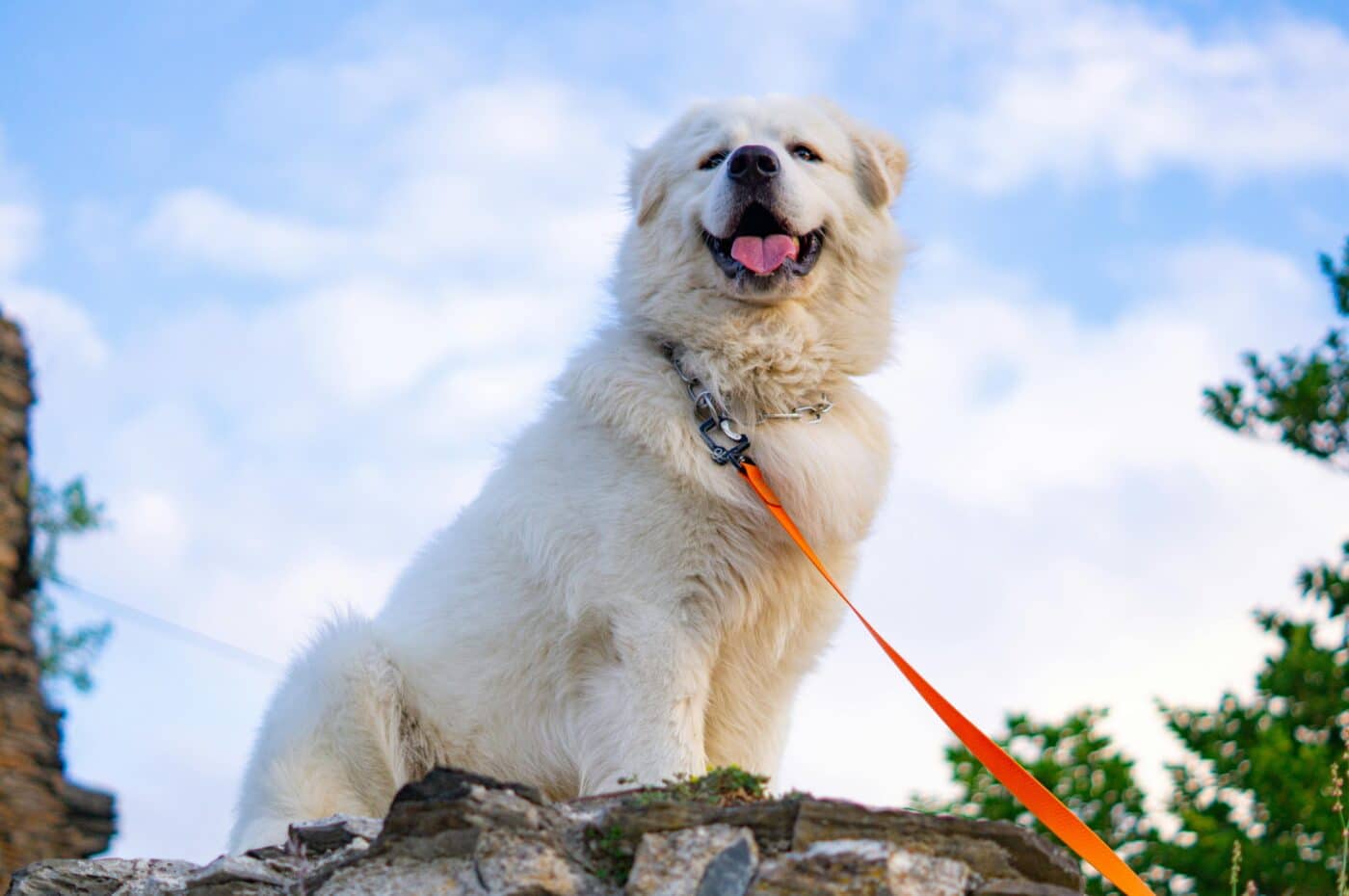 Shutterstock
Shutterstock
Owning a dog often means making decisions that prioritize their well-being, even when inconvenient. Whether it’s getting up early for walks or adjusting your schedule to care for their needs, dog ownership teaches you to put another’s well-being ahead of your own convenience. This lesson is especially important in parenthood, where your child’s needs often come before your own desires. By learning to make sacrifices for your dog’s well-being, you’re unknowingly preparing for the many sacrifices of raising a child.
Enhancing Communication Skills
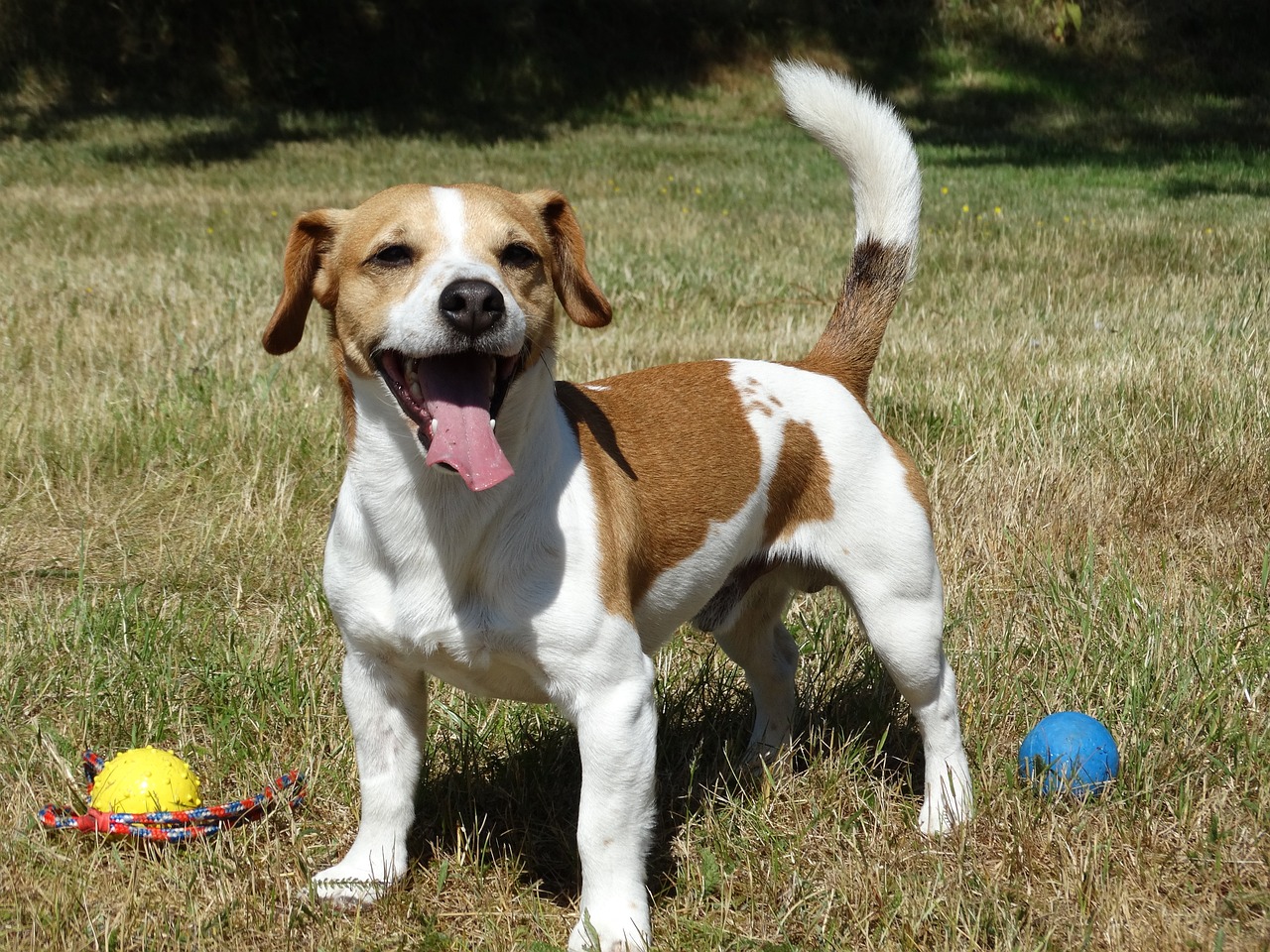 Shutterstock
Shutterstock
Dogs communicate through body language, sounds, and behavior, requiring you to be in tune with non-verbal cues. Understanding what your dog needs based on subtle signals improves your communication skills, making you more attuned to non-verbal cues in human interactions as well. This skill becomes invaluable in parenting, especially with young children who may not yet have the language to express themselves fully. Learning to read and respond to your dog’s non-verbal communication helps you better interpret a child’s needs and emotions.
Teaching Consistency and Discipline
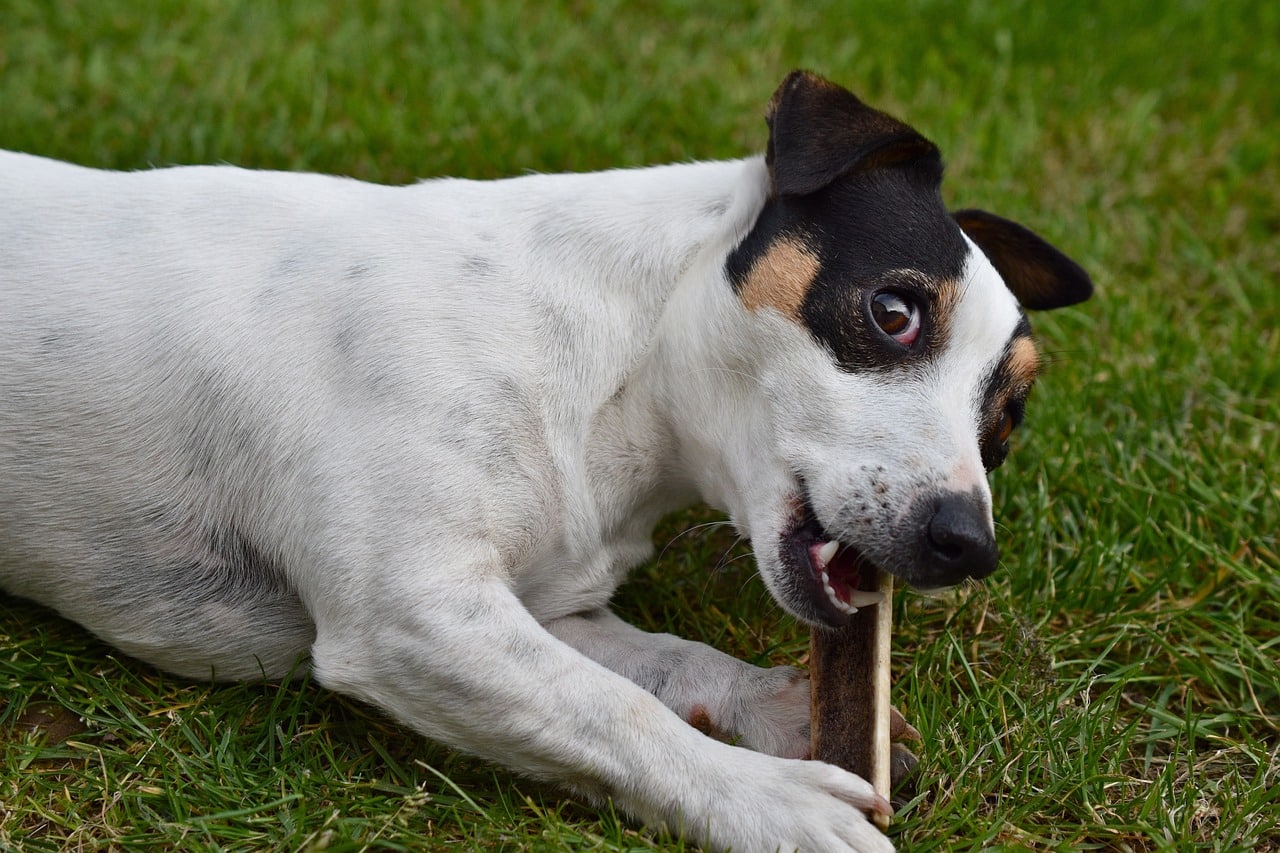 Shutterstock
Shutterstock
Training a dog requires consistency, discipline, and patience. Whether teaching them basic commands or housebreaking, dogs need clear and consistent guidance to learn appropriate behaviors. This process mirrors parenting, where setting consistent rules and boundaries helps children understand expectations and develop good habits. By practicing consistency with your dog, you create the discipline needed to maintain structure and guide a child, ensuring they grow up with a clear understanding of rules and boundaries.
Building Emotional Resilience
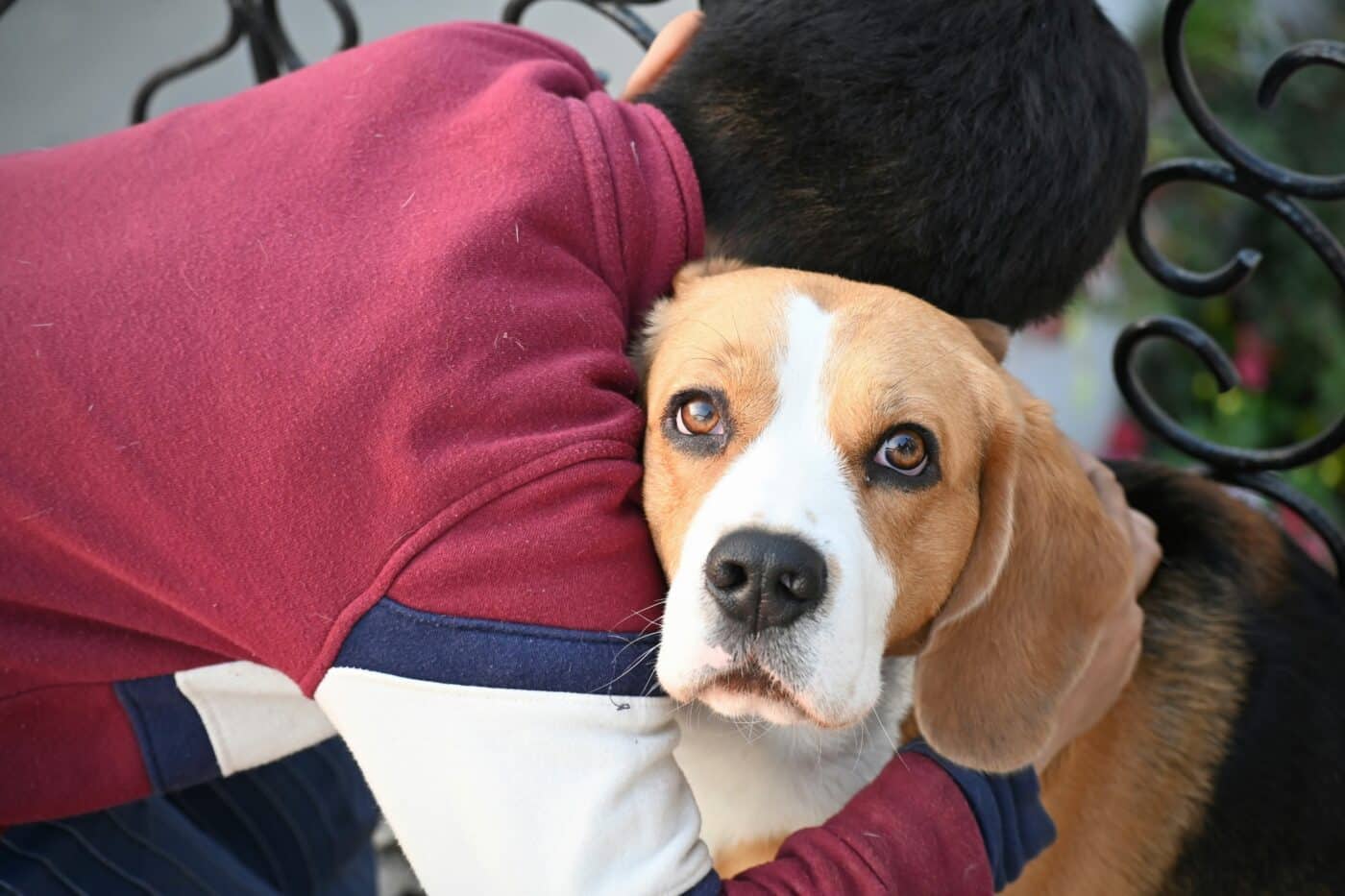 Shutterstock
Shutterstock
Dogs offer unconditional love and companionship, but they also present emotional challenges, such as dealing with health issues or behavioral problems. Learning to cope with these challenges builds emotional resilience, which is crucial for parenthood. Parenting comes with its own emotional ups and downs, from the joys of watching your child grow to the stress of navigating difficult phases. The emotional resilience you develop from caring for a dog helps prepare you for the emotional rollercoaster of raising a child, allowing you to handle tough situations gracefully and composure.
The Ultimate Parent Prep Partners
 Shutterstock
Shutterstock
While owning a dog may seem like a completely different experience from raising a child, the skills and lessons you learn from caring for a dog translate seamlessly into parenthood. From building patience and responsibility to enhancing communication and emotional resilience, dogs unknowingly prepare their owners for the many challenges and rewards of raising children. Whether through establishing routines, managing health concerns, or simply providing companionship, dogs are the perfect training ground for future parents, helping them develop the qualities needed to be nurturing, effective caregivers.
 Toledo, United States.
Toledo, United States.